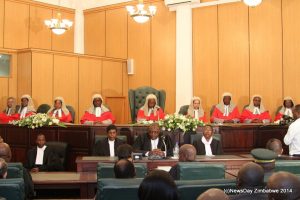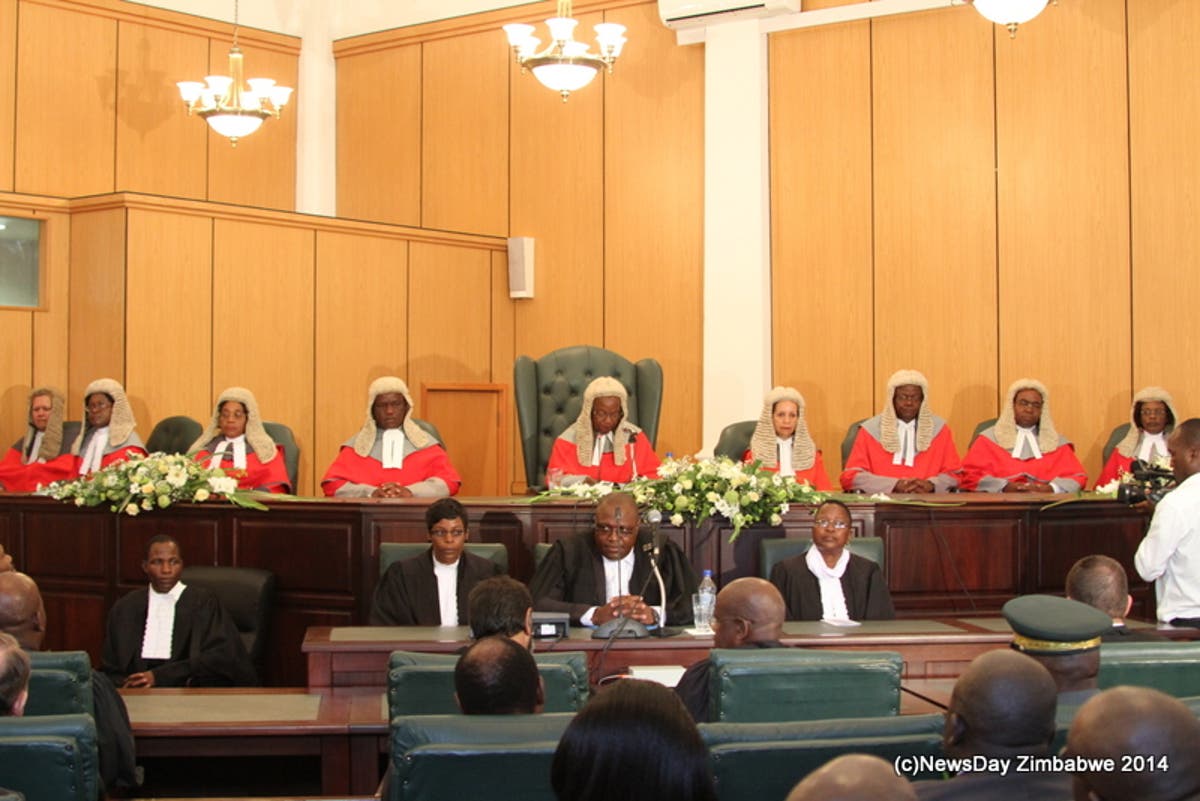
A survey conducted by the Independent Corrupt Practices and other related Offences Commission (ICPC) has shown that N9.4bn bribes were exchanged in the judiciary from 2018 to 2020.
The body has however stated that it may not be able to prosecute the Judges and lawyers involved.
Dr Elijah Okebukola, A senior research fellow at the Anti-Corruption Academy of Nigeria, an arm of the ICPC, explained this a few days ago during a radio programme on 99.3 Nigeria Info, in Lagos.
He explained that the survey was aimed at gathering information that could help the body tackle corruption in the country.
However, according to Okebukola, the survey failed to secure sufficient evidence that could be used to prosecute anyone involved.
Okebukola stated, though, that the respondents in the survey were assured of their anonymity.
He noted the growing concerns over corrupt practices within the judiciary.
The implication of such vices can be tragic due to the sensitive position of that arm of government as regards citizens’ right to life and liberty and the interpretation of the law.
The body’s findings were contained in an 84-page survey titled, ‘Nigeria Corruption Index: Report of a pilot survey 2020’.
The survey revealed the level of corruption in the justice sector, executive and legislative arms of government, with ministries, departments and agencies not spared.
“The total amount of money reported by the justice sector respondents as corruptly demanded, offered and paid between 2018 and 2020 was N9,457,650,000.00,” the report put forward.
“Every survey of this kind that gives you this kind of information and data does not give you the kind of data and information that you can use to prosecute anybody, so you cannot go to court and say you asked a number of lawyers their experience with bribery in the justice sector. That’s not the kind of evidence you want to approach the court with,” Okebukola stated.
Read also: Do Not Overturn People’s Will Through Judiciary, Shaibu Warns Oshiomhole
“That does not mean prosecution is not important, it is very important and nobody is above the law. But this kind of data certainly cannot lead to the prosecution of anybody; it can guide prosecutors in exercising their prosecutorial interventions. So, it wasn’t aimed at getting evidence to prosecute.
“If it was aimed at that, it would be unethical. When you ask respondents to share their experience with you, you are not investigating them, and it is on that basis that they would even agree to share their experiences with you. If you ask them with a view to prosecuting them, nobody would share their experiences with you.
“Also, they are supposed to be anonymous, and with that array of anonymity, you cannot prosecute anyone,” he went on.
Okebukola further highlighted that the survey will help uncover sharp practices in diverse sectors as well as proffer solutions.
“It helps to know what we are dealing with and how to deal with it. That brings us to the point that in anti-corruption, prosecution is not necessarily its most effective tool. Prevention is actually the most important tool to fight corruption. When you know who is doing what and how they are doing it, policymakers, those who implement the policies, anti-corruption agencies, law enforcement agencies, CSOs and the media would know what steps to take,” he said.
Okebukola pointed out that, as per respondents’ submissions, lawyers were the Chief instigators of bribe for judgement in the country.
He revealed further that, after the lawyers, respondents pointed to the litigants, court officials and the judges, in that order, as the next instigators of bribe for judgement.
“The initial assumption was that judges were at the fore, but it turned out that lawyers are at the fore,” he pointed out.
The survey concluded that the independence of the judiciary is necessary in the battle against corruption in Nigeria




 Premier League
Premier League